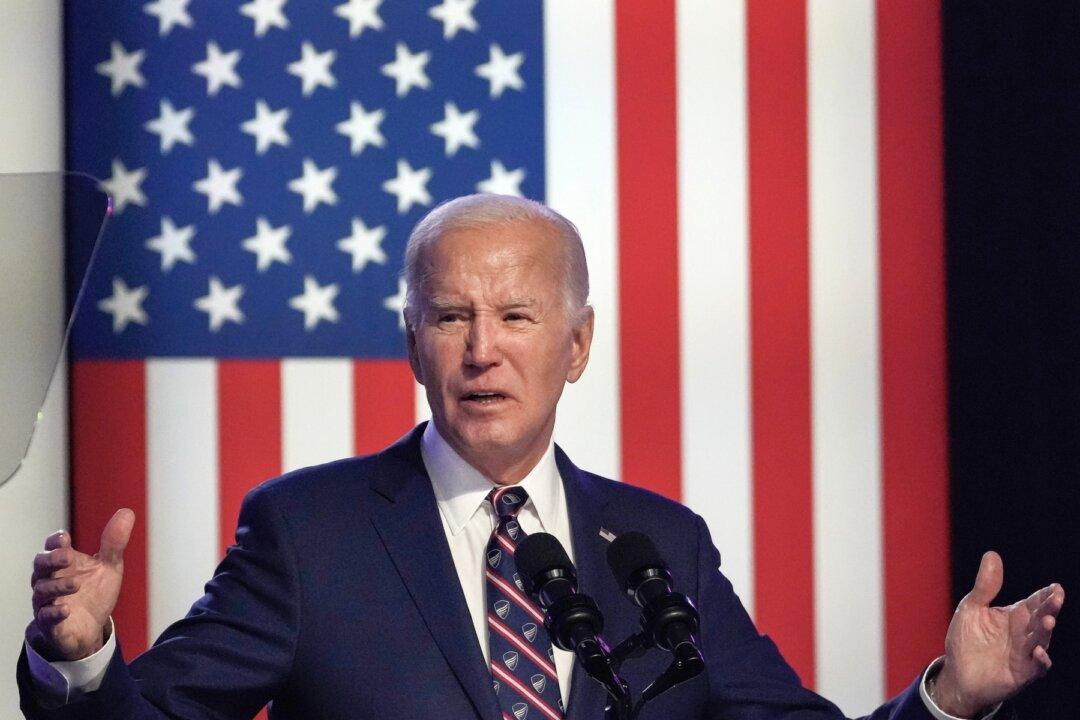An investigation has been opened into what could be an “unlawful attempt” at voter suppression, the New Hampshire attorney general’s office has revealed.
According to Attorney General John Formella, his office has been receiving complaints about voters getting a call from what sounds like President Joe Biden urging people not to vote in the Jan. 23 New Hampshire primary. The only issue is the robocalls didn’t originate with the White House, and the Joe Biden voice is likely artificially created.





